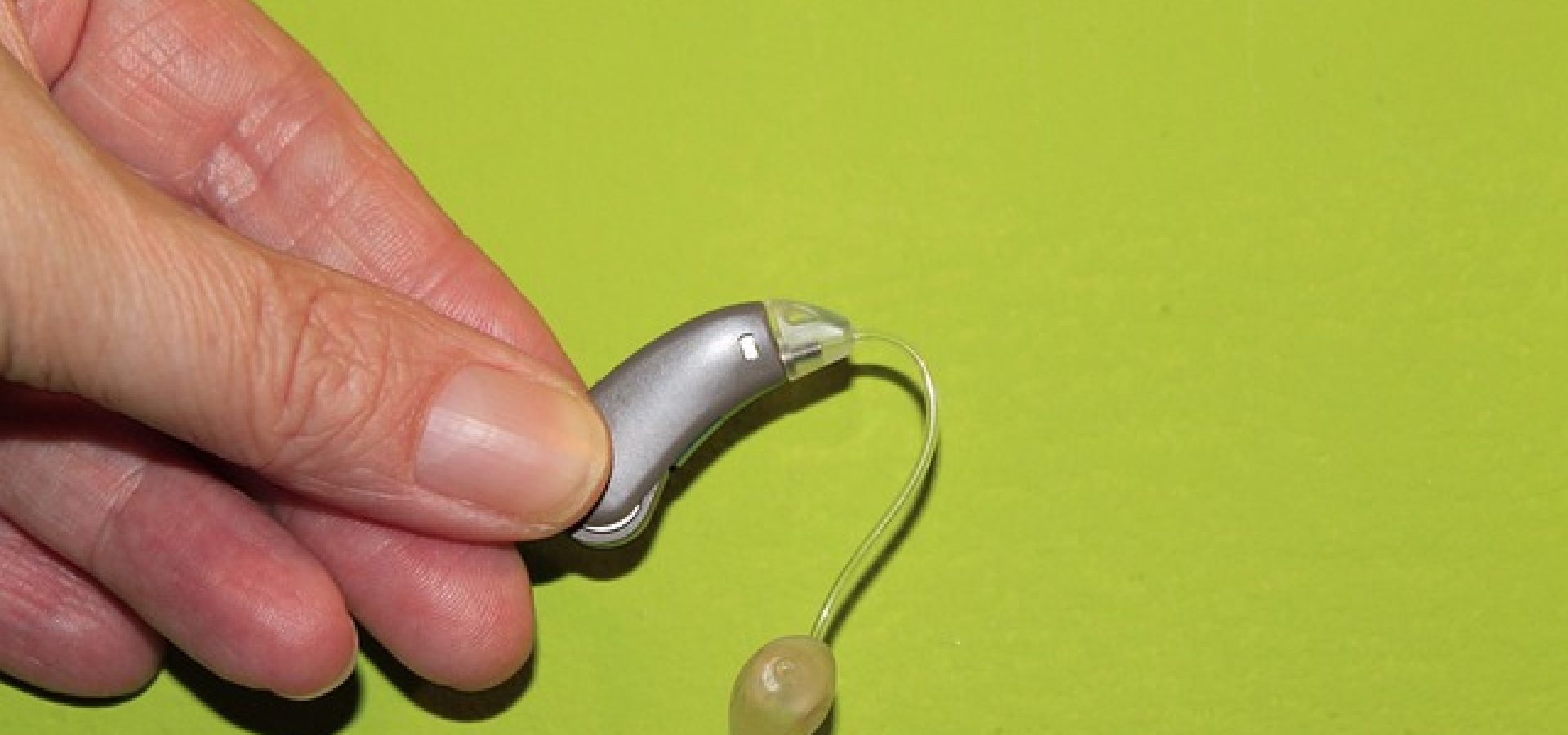Menu

Hearing aids are designed to improve speech clarity and audibility in noisy environments, but listening to music poses unique challenges for people with hearing loss.
Music contains a wide range of frequencies, dynamics, and tonal qualities that can cause hearing aid issues. In this article, we’ll discuss five typical hearing aid issues when listening to music and how to overcome them.
1. Distortion
One of the most common hearing aid issues when listening to music is distortion. Music is complex and contains a wide range of frequencies, which can cause hearing aids to distort the sound.
This distortion can make music sound distorted, muffled, or harsh. To overcome this issue, hearing aid users can try adjusting the volume or changing the listening program on their hearing aids.
2. Feedback
Another common issue when listening to music with hearing aids is feedback. Feedback occurs when sound leaks out of the hearing aid and back into the microphone.
This can create a high-pitched whistling or squealing sound that can be very uncomfortable. To overcome this issue, hearing aid users can try repositioning their hearing aids or reducing the volume.
3. Lack of Bass
A lack of bass is another typical hearing aid issue when listening to music. Many hearing aids are designed to amplify high-frequency sounds, which can make music sound tinny or lacking in bass.
To overcome this issue, hearing aid users can try adjusting the bass setting on their hearing aids or using headphones or earbuds that are designed for music listening.
4. Clarity
Clarity is another common issue when listening to music with hearing aids. Music contains a wide range of tonal qualities and dynamics, which can make it difficult for hearing aids to distinguish between different sounds.
This can make music sound muddy or unclear. To overcome this issue, hearing aid users can try adjusting the volume or using headphones or earbuds that are designed for music listening.
5. Loudness Discomfort
Finally, loudness discomfort is a common issue when listening to music with hearing aids. Many hearing aids are designed to amplify sounds to a comfortable level, but music can be much louder than speech.
This can cause hearing aid users to experience discomfort or even pain when listening to music. To overcome this issue, hearing aid users can try adjusting the volume or using headphones or earbuds with a volume limiter.
Programming Hearing Aids for Music
Programming hearing aids for music can help overcome many of the typical hearing aid issues when listening to music. Many hearing aids have music programs that are designed to optimize the listening experience for music.
These programs can adjust the frequency response, compression, and other settings to improve the clarity, bass, and overall quality of music. Some hearing aids even have specific settings for different types of music, such as classical or rock.
To program hearing aids for music, hearing aid users should consult with their hearing healthcare provider. The provider can adjust the settings on the hearing aids to optimize the listening experience for music. They may also recommend specific headphones or earbuds that are designed for music listening.
Conclusion
Listening to music with hearing aids can pose unique challenges, but there are ways to overcome these issues. Hearing aid users can try adjusting the volume, repositioning their hearing aids, or using headphones or earbuds that are designed for music listening. They can also consult with their hearing healthcare provider to program their hearing aids for music. With the right adjustments and settings, hearing aid users can enjoy music just like anyone else.
Don’t let hearing loss keep you from enjoying life. Fraser Valley Beltone is a hearing aid clinic in Chilliwack that will provide a comprehensive hearing evaluation and recommend the best solutions for your unique needs. Take the first step towards better hearing and schedule your appointment now!
Share Post
Facebook
Twitter
LinkedIn
Email
Reddit
Pinterest
